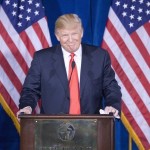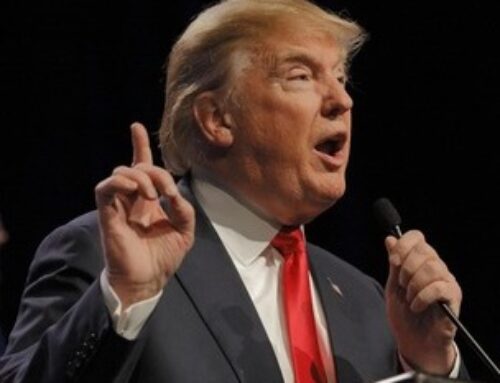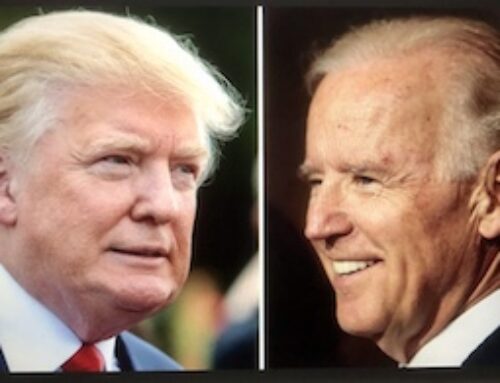
The first controversy followed Trump’s statement on immigration. “When Mexico sends people,” he argued, ”[they are] not sending their best…. They are sending people with lots of problems . . . drugs, crime. They’re rapists. And some I assume are good people.” He added that other Latin American countries and Middle Eastern countries are doing the same thing and it has got to stop.
Some commentators interpreted the statement as calling all Mexicans criminals. The statement was clearly clumsy. By making the “good people” line seem like an afterthought, Trump invited criticism. Yet the charge of racism was clearly bogus.
The second controversy concerned Trump’s remarks about Senator John McCain.
“[McCain] is not a war hero,” Trump told pollster Frank Luntz.
When Luntz replied, “He is a war hero,” Trump continued, “He is a war hero because he was captured. I like people that weren’t captured, OK? I hate to tell you. He is a war hero because he was captured . . . I believe perhaps he is a war hero.”
Trump’s remarks do not parse well. In the space of ten seconds, he managed to contradict himself by saying McCain is not a war hero and yet is a war hero, as well as to advance the absurd idea that having one’s plane shot down is blameworthy As if this were not offense enough against logic, he summed up his belief by saying “perhaps he is a war hero.”
Trump evidently expected this tortured thinking—McCain is, McCain isn’t, McCain might be—to persuade us of his leadership ability.
One might expect him to have immediately apologized to McCain for disparaging his heroism and to the public for insulting their intelligence. Yet for several days, despite considerable outrage in the media, he refused to do either.
Several days later, when Bill O’Reilly generously gave Trump an opportunity to apologize to McCain, he said this: “I have respect for Senator McCain. I used to like him a lot . . . and certainly if there was a misunderstanding, I would totally take that back.” But then he quickly changed the subject to criticism of McCain’s service in the Senate: “I see how badly our veterans are being treated and he’s the guy . . . I see him on television all the time. He’s always talking, talking, but nothing gets done.”
Translation: Trump’s words were not offensive; others just misunderstood him (in popular parlance, their “bad,” not his). Blame-shifting aside, since there was clearly misunderstanding, to say the least, he should by his own logic have proceeded to apologize. Instead, he changed the subject from McCain’s honor as a prisoner of war to his handling of veterans’ affairs.
After the first controversy over immigration, I began to think with many other Americans, “Trump’s contempt for political correctness and bluntness about national issues are refreshing. Maybe he’s what we need in Washington, even if he is a bit full of himself.”
His handling of the second controversy, however, has brought me to a very different conclusion. Despite admirable qualities such as the ability to solve problems and make decisions, and the courage to speak his mind forthrightly, I believe he lacks two more important attributes of a leader—the habit of respecting those he disagrees with and the humility to acknowledge his mistakes and apologize when appropriate.
Mr. Trump has just done me the favor of narrowing my choices by one.
Copyright © 2015 by Vincent Ryan Ruggiero. All rights reserved

